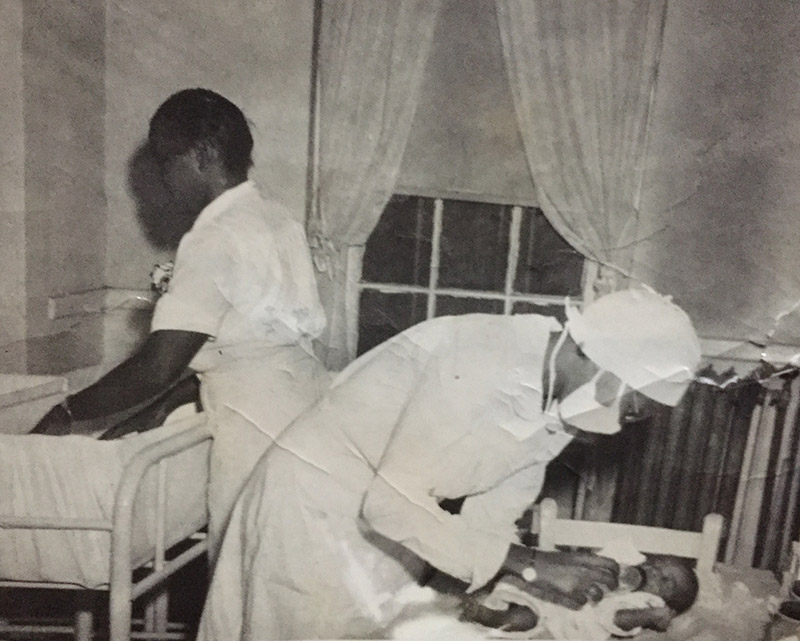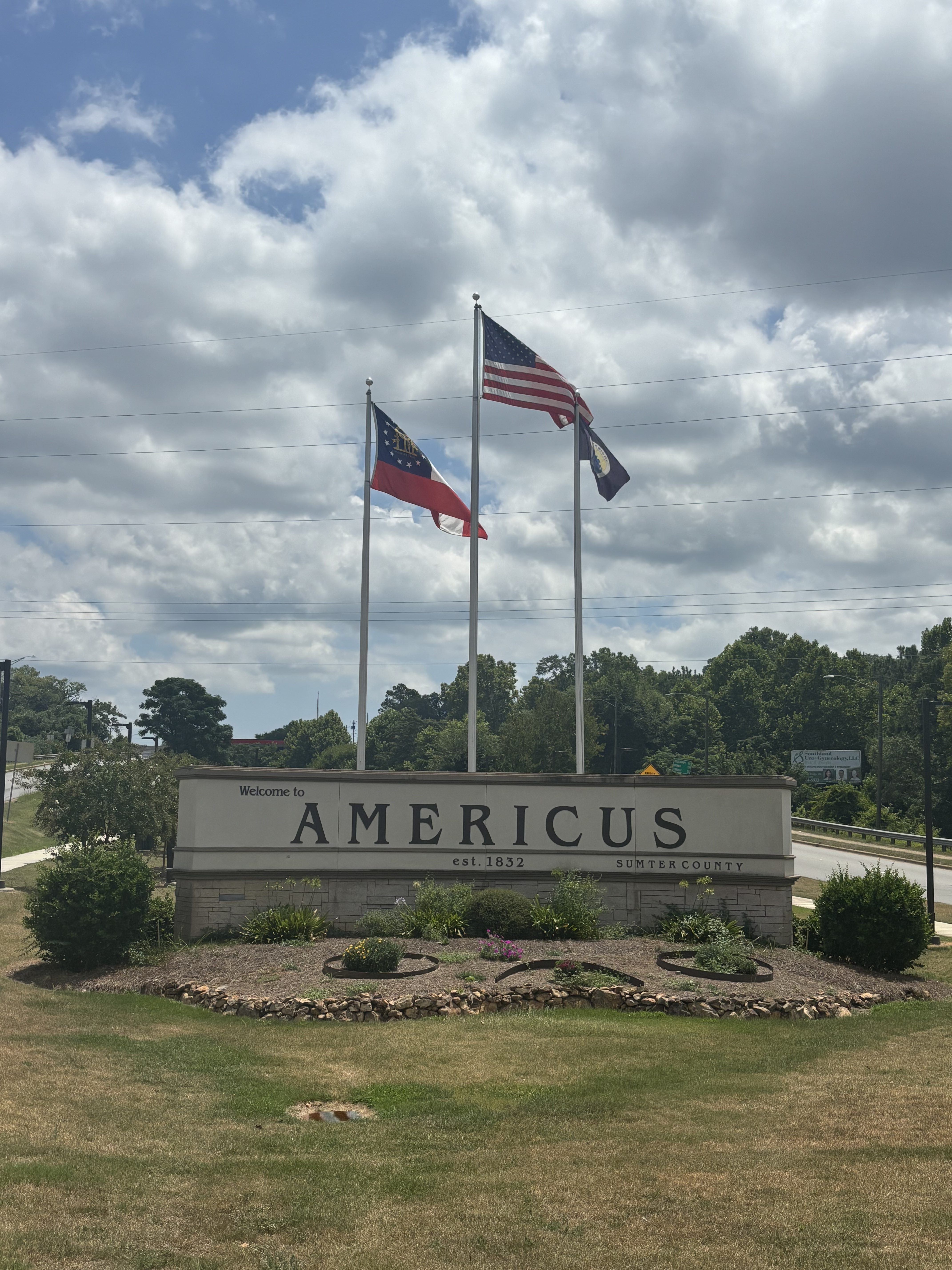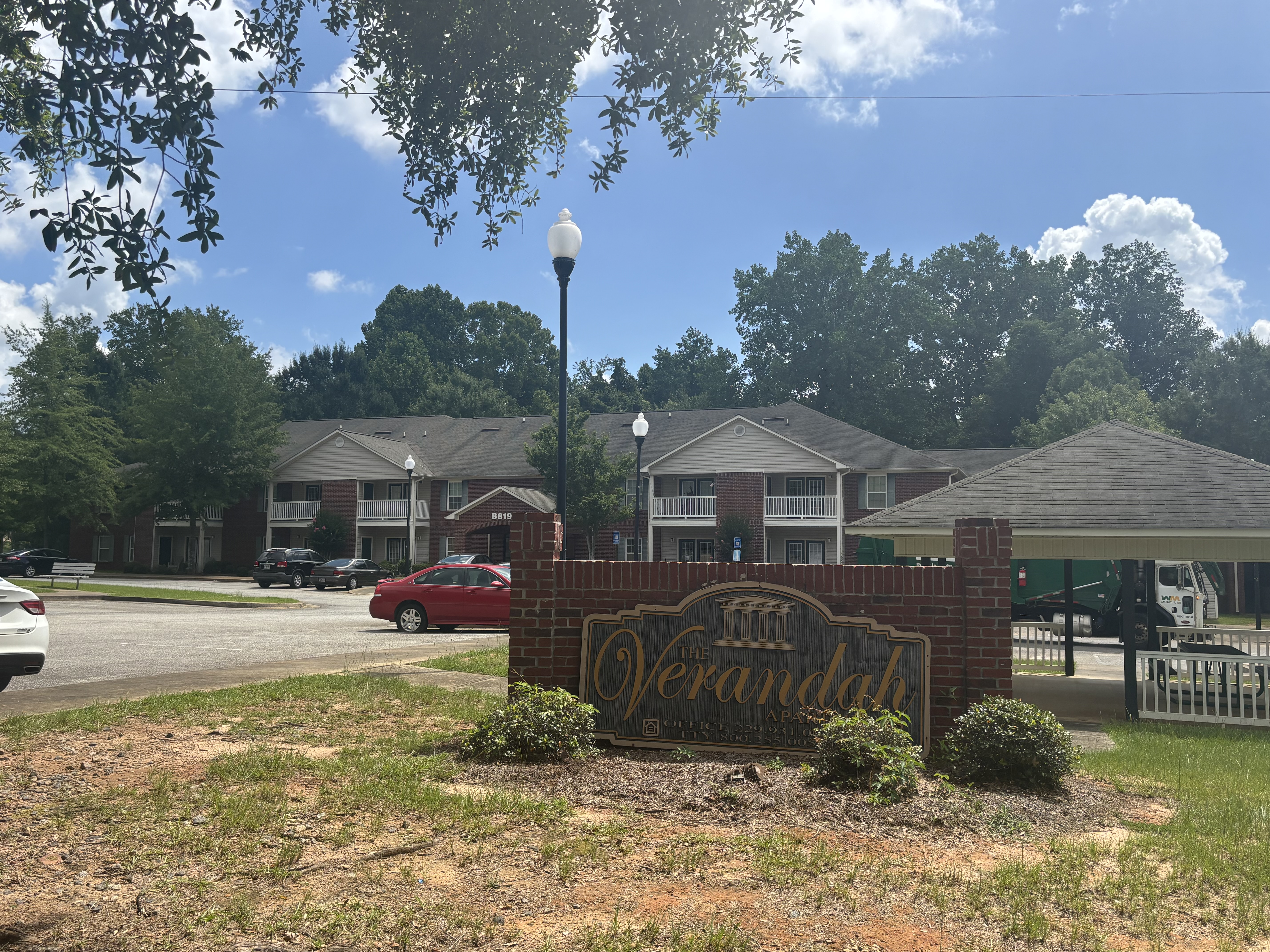Local nonprofit receives grant for Americus Colored Hospital
Published 10:24 am Thursday, October 3, 2019

- An historic photo of nurses tending babies in the Americus Colored Hospital.
|
Getting your Trinity Audio player ready...
|
By Beth Alston
AMERICUS — The Americus-Sumter County Movement Remembered Committee Inc. has received a grant in the amount of $494,880 from the 2019 African American Civil Rights Program funded by the Historic Preservation Fund and administered by the National Park Service, Department of the Interior. The purpose of the grant is to restore and rehabilitate the building known as the Americus, Georgia Colored Hospital, officially listed on the Georgia Historic Registry.
Trending
The hospital has a long and honorable history in Americus. First established in 1923, by Dr. W. Stewart Prather, it provided health and medical care to African Americans in Americus and Sumter County. At the time, it was the only medical facility in the south where black medical professionals could practice and serve people of color. The hospital operated from 1923 to 1953, and was associated with 33 medical doctors of color, two dentists, two pharmacists, six registered nurses, 18 nursing professionals, and a nursing and midwifery school.
Sam Mahone, chairman of the Americus-Sumter County Movement Remembered Committee Inc. (ASCMRC Inc.) notes that neither New York, Chicago, nor Atlanta, produced these numbers of trained professionals, despite enjoying much larger populations.
The facility was not only a vital lifeline for a poor and marginalized African American community, it was a stabilizing institution that unified and sustained them during the horrendous Jim Crow era of discrimination and second-class citizenship. During the Americus Civil Rights movement (1962-1966), this historic building became one of two “Freedom Centers” for planning and implementing Movement strategy. Mahone notes that adult literacy classes were conducted to teach African Americans how to prepare for, and pass the unconstitutional literacy tests, required to be eligible to vote. Denied use of the local public library, student and adult volunteers organized and established a library of over 10,000 books that were donated from churches, colleges, universities, and individuals in mostly northern states.
Upon restoration of the Colored Hospital, it will be known as the Americus-Sumter County Civil Rights Center and Museum at the Historic Colored Hospital. The mission of the Civil Rights Center and Museum is to commemorate the Americus and Southwest Georgia Civil Rights Movement, by identifying, acquiring, and preserving all documentation of the Americus Civil Rights Movement and the historic Colored Hospital.
A few years ago, the Colored Hospital was placed on the Georgia Historic Registry through the efforts of local genealogist, Willie Cooper, and the City Federation of Colored Women. The ASCMRC Inc. has been working to acquire national historic recognition and begin immediate repairs and upgrades of the building with the help of local citizens.
These much needed improvements will make way for a permanent collection gallery for civil rights and African-American family history in Americus and Sumter County. An additional gallery will be provided to exhibit and promote the work of local area artists, combined with multi-purpose rooms for classes and additional oral history recordings. Local artists, writers, and teachers will be encouraged to conduct youth centered discussions, accompanied by book readings and art workshops. Summer activities will include an annual Children’s Village with creative programming designed to uplift, educate, and empower Americus youth to aspire to become leaders of their generation. Other initiatives will include an annual film festival and public speaker forums that focus on civil and human rights, conflict resolution, reconciliation, and healing.
Trending
“It is indeed an ambitious agenda, but one the ASCMRC Inc. is confident the Americus community will embrace and support,” said Mahone. “Most importantly, it is essential that the Civil Rights Center seek and continue collaborative programming with local institutions like Georgia Southwestern State University, South Georgia Technical College, Sumter County Board of Education, and local area high schools.”






